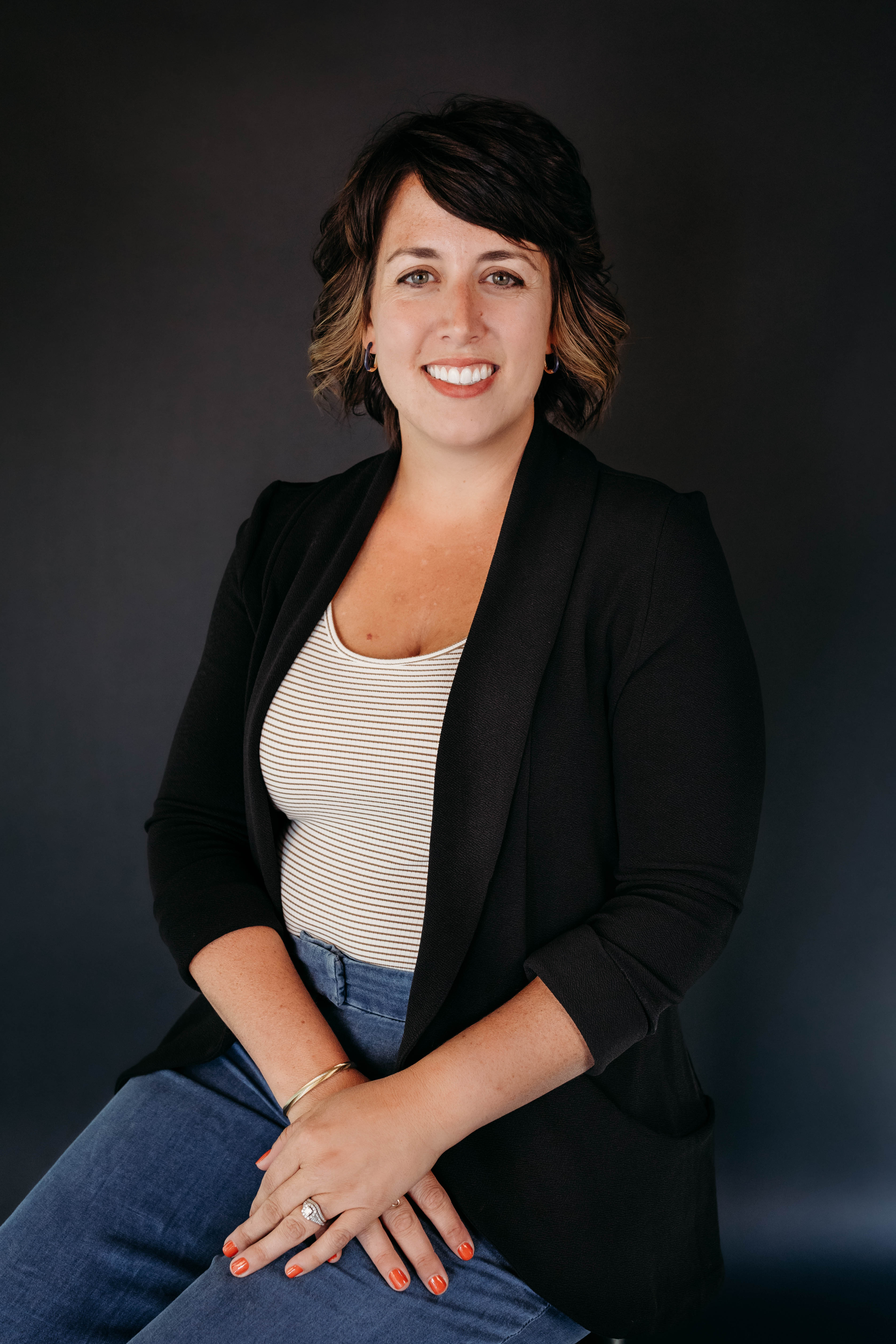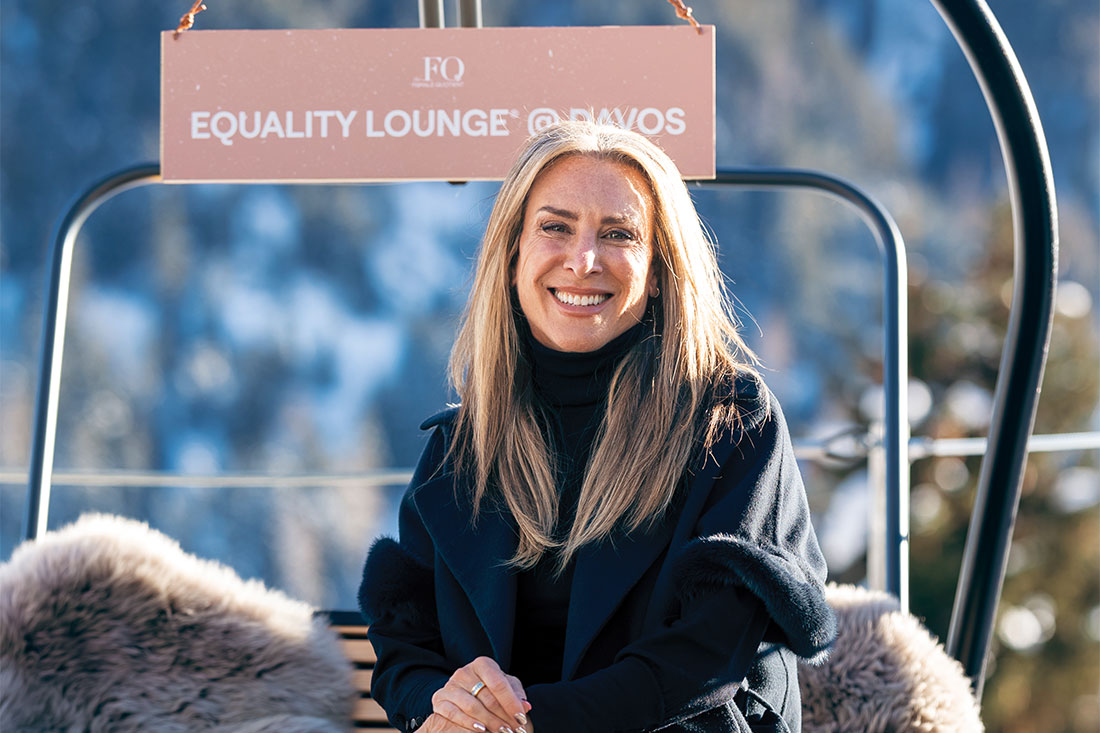A few years back, I was five weeks postpartum with my fifth child and I cracked my computer back open. My marketing and journalism business was waiting. I was ready to do something that had nothing to do with diapers, pacis, nursing or sleep schedules for a few hours. I went about a lighter version of my normal workday. Then an email came back: “Wait, you’re working already?” and then another. “Congrats on the baby! Why are you even working?! This can wait.”
This year, I had two surgeries after a sudden and scary cancer diagnosis. A few weeks after the second surgery, I felt that same way. I headed into my first meeting post-op with a manager on a project I was working on. They informed me that due to my limited bandwidth in the coming weeks, they’d reassigned my project. Yet, I was doing well, on the call and sure that my own bandwidth would allow me to take on the project and thrive as usual. When I pushed back and insisted I was working and able to do my job, they pushed back too with, “Well, I just know you need to get some rest.”
Through these personal situations, I’ve learned that the work-life balance we all strive for has a dark side — when someone else tells you what your own work-life balance entails. I’d been “boss-splained” about my own bandwidth, and I was discouraged. After all, I’d been through hell and back (both times) and felt physically and mentally ready to do some work.
Emotional rest in work
My grandfather, a Greek immigrant who was recruited to the Korean War right when he moved to the U.S. had a saying: “If they say dig one hole, I dug two.” He taught our family the value, and even the cathartic nature, of work. He carried a business card in his wallet, and on the back was a passage about work. The gist was this: “Work when you’re sad, work when you’re unsure, work when you’re rich, work when you’re broke.” Work has never been about making money, but about purpose.
With this soil around my roots, in times of uncertainty, such as postpartum or post-operations, I was excited to get back to work. It gave me purpose, and in that purpose, I found emotional rest.
There’s a presumption that if you go back to work too early after a leave, you’ll burnout. I get why—in 2024, workplace burnout rates hit an all-time high, Glassdoor reported. Burnout is real and valid.
There’s also an assumption that everyone needs the same amount of time off and that longer is better. I’m an absolute proponent of longer paid maternity leaves, as well as other necessary medical leaves. I also, at various points in my motherhood journey, would have greatly benefited from the option to take longer than six or 12 weeks off.
But isn’t that my choice? And doesn’t it make sense that each recovery might not be the same as the others—and that it’s for me to say?
Sometimes it’s a paycheck…
When does a boss or colleague caring about us cross a boundary? That’s the dilemma I found myself in when I returned to work “too early,” according to others. With their commentary came so many assumptions: I would be too sleep deprived, or I should be lying down or I’m mentally not “there yet,” probably. It felt like judgment.
While some bosses might push people to come back too soon, others might question those who want to. “Sometimes managers have so much going on, they can be unaware that they are setting unrealistic expectations, but other times it is due to a lack of consideration, a difference in values or due to their own habit of overcommitment,” says Katie Luman, a therapist in Marietta, Georgia.
There’s also a missing component to this conversation called money. Having five babies is expensive. Cancer is expensive. My business provides for both of these things, and there’s no official paid leave when you own a small business. So, I wanted to work to provide for my family as soon as I was able, even though it may have just been a few hours per day to start. I was thankful to have a break but also thankful to have those opportunities available when I could do them again.
While work-life balance is fabulous, and is the goal, sometimes we make decisions not just on what our inner zen would prefer, but on what makes the most sense logistically and financially for those depending on us.
Learning to stand up for yourself
The first few times this pushback happened, I really questioned myself – Was I coming back too early, postpartum? Was I somehow less able to do my job with a breast pump going? Was I missing something that others saw?
“It’s hard to describe the feeling of returning to work—whether after giving birth, undergoing surgery, or experiencing a major life shift—only to be met with someone questioning what you can or can’t handle…” says Claire Law, a teacher and relational psychotherapist, in England. “[When it] sounds like concern, but carries an edge of doubt or quiet judgment, it can hit on a level that’s deeply personal.”’
“I’ve seen this happen so many times—someone returns to work post-surgery or after having a baby, and instead of being asked ‘How are you feeling?’ or ‘What do you think your pace should be?’ they’re told what they should or shouldn’t be doing,” says Nick Bach, Psy.D, a psychologist from Louisville, Kentucky. “I think this is not just frustrating—it’s often retraumatizing.”
I learned not to internalize those questions but instead to be ready with some go-to responses. One Bach suggests is “I appreciate your concern, but I’d like to set the pace that aligns with my recovery and current capacity.”
Bach had a health recovery experience similar to mine. “I had someone tell me, ‘You probably can’t take on that much right now.’ And I remember thinking—you don’t know what I’m capable of. So I started speaking up.”
He suggests using clear language such as “‘I’ll let you know what I’m ready for—and I’ll ask for support when needed.’ That sentence became my armor.” If it continues, he suggests keeping detailed notes on these interactions for HR.
Seeking the deeper intent
Some people really mean well, a phrase I’ve noticed myself using much more frequently since getting cancer. It means that they are trying, but really just saying something that’s not very helpful at all. Kirk Adams, PhD, a career and leadership expert specializing in disability inclusion and HR from Seattle, has encountered this throughout his career. He is blind.
“When my bandwidth has been questioned, I’ve learned to pause and assess whether the comment stems from genuine concern, unconscious bias, outright discrimination or a lack of awareness about disability and resilience,” he says. His go-to question in that scenario is “I appreciate your concern. Can you share more about what led you to ask that?” Instead of a defensive response, he engages them in conversation.
“That shifts the dynamic. It gives me a window into their assumptions, and it gives them a chance to hear directly from me.” he says.
I’ve learned that people often don’t know how to express well wishes and also doubts about future performance. I’ve learned to redirect the conversation to the value of the work, and my necessary role in it. Sometimes I have to speak up a little bit more clearly now. Bach says, “You know what you can handle—and no one gets to rewrite that narrative for you.”
Photo by Josep Suria/Shutterstock








